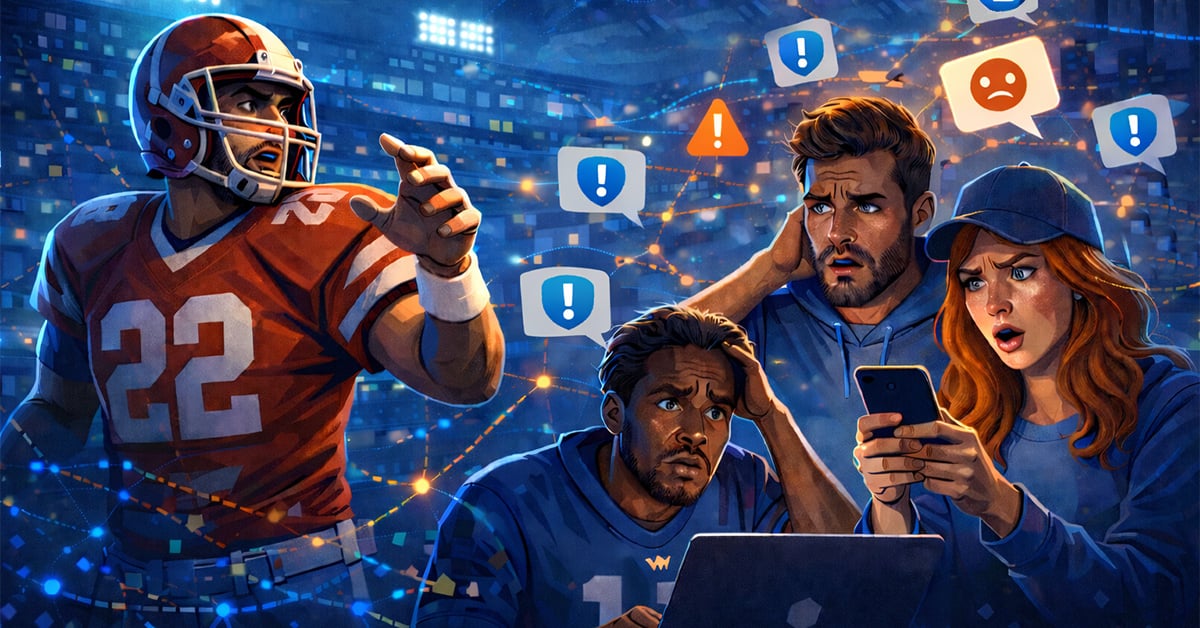Washington Post: Drew Harwell and Joseph Menn
Harvard University’s Kennedy School of Government said Thursday that it will shut down a prominent research center that studied online misinformation next year, marking the latest turning point for the study of social media’s impact on American society and politics.
Since 2019, the Technology and Social Change Project has published research into the spread of coronavirus hoaxes and the online incitement techniques that preceded the Jan. 6, 2021, riot at the U.S. Capitol. It will wind down due to a school policy that requires a faculty member lead such an undertaking, Nancy Gibbs, the director of the Kennedy School’s Shorenstein Center on Media, Politics, and Public Policy, said in an internal email shared with The Washington Post.
The project’s director, Joan Donovan, one of the country’s most widely cited experts on digital “media manipulation,” is not a faculty member and therefore could not continue to lead the project, Gibbs said.
Donovan, whose title is research director, is regarded as a member of the Shorenstein Center’s staff; it’s unknown whether she had been given the option to assume a faculty role during her time at Harvard.
Kennedy School officials declined to comment on personnel matters. Donovan declined to comment.
The move was first reported by the Harvard Crimson, the school’s student-led publication.
The project’s sunsetting in the months before the 2024 election marks a surprise development in what has been one of the American research world’s hottest topics: how the interplay of technology, political opportunism and unwitting internet users has shaped public conversation and democratic debate.
But it also comes as the field of study into what’s known as “misinformation,” supercharged by the Trump presidency, enters a new era.
Twitter, now led by the meme-sharing billionaire Elon Musk, has worked to end the platform’s long-standing openness to free, real-time research, announcing late Wednesday that on Feb. 9 it will begin charging for automated access to its data through its Application Programming Interfaces, a move that will hurt both developers and researchers.
Some researchers also have faced harassment online or been criticized by Republican lawmakers over claims their work is skewed by a liberal agenda. The platforms they study have changed, too, away from Facebook and Twitter to places like TikTok, Discord and Twitch, which present new challenges for data gathering, analysis and debate.
At the same time, more governments and commercial enterprises are waging information campaigns, and getting better at it, said Lisa Kaplan, chief executive of misinformation tracker Alethea Group.
“The enhanced operational security tactics employed by sophisticated actors and the proliferation of platforms with varying community standards and enforcement, combined with various access to data has ultimately changed the nature of the threat,” Kaplan said. “Reducing free access to limited and research APIs also inhibits the academic community to study these types of threats.”
Read the full story here.
.png)



.png)
